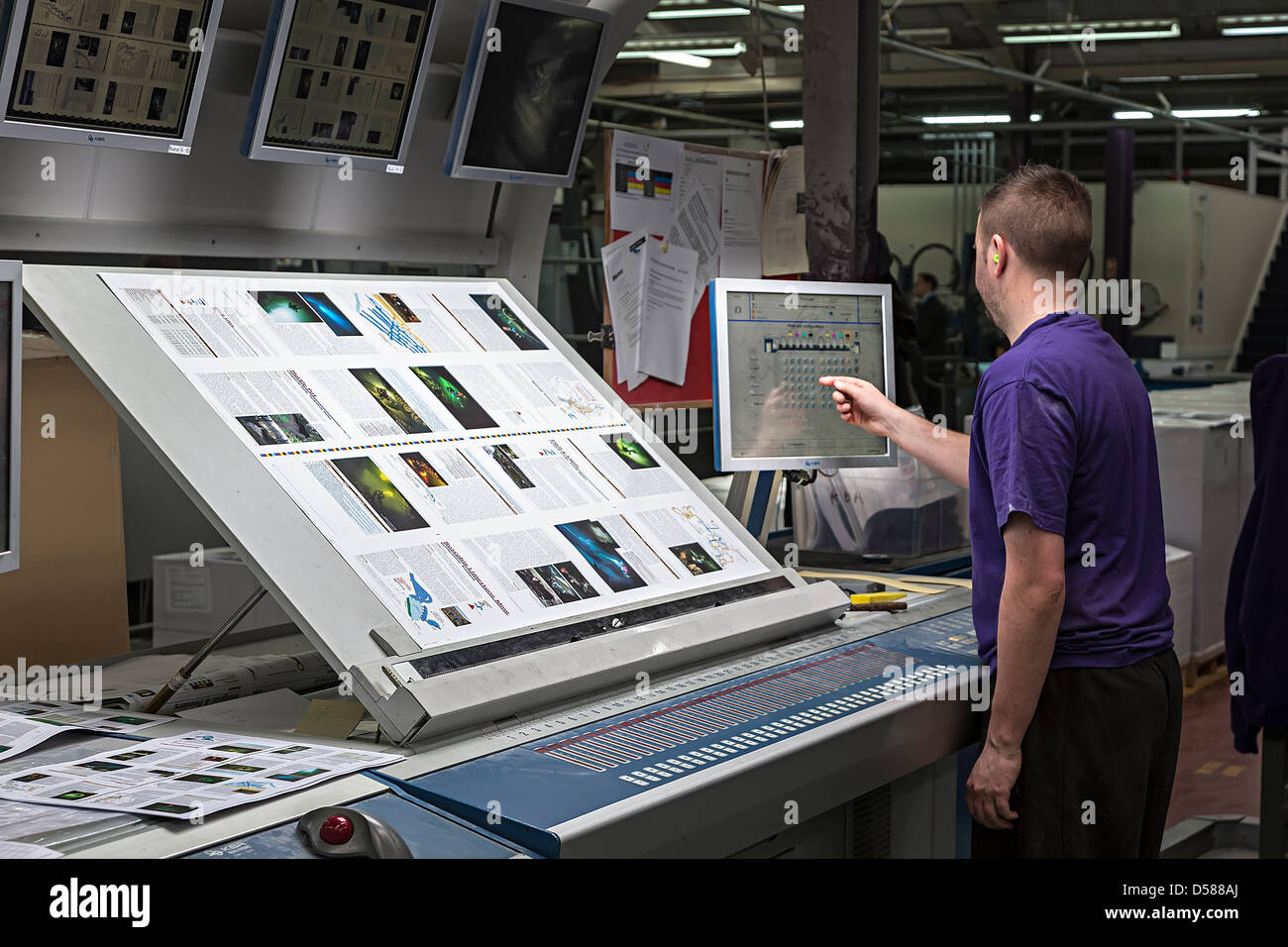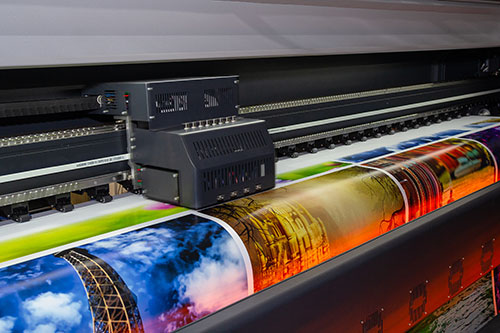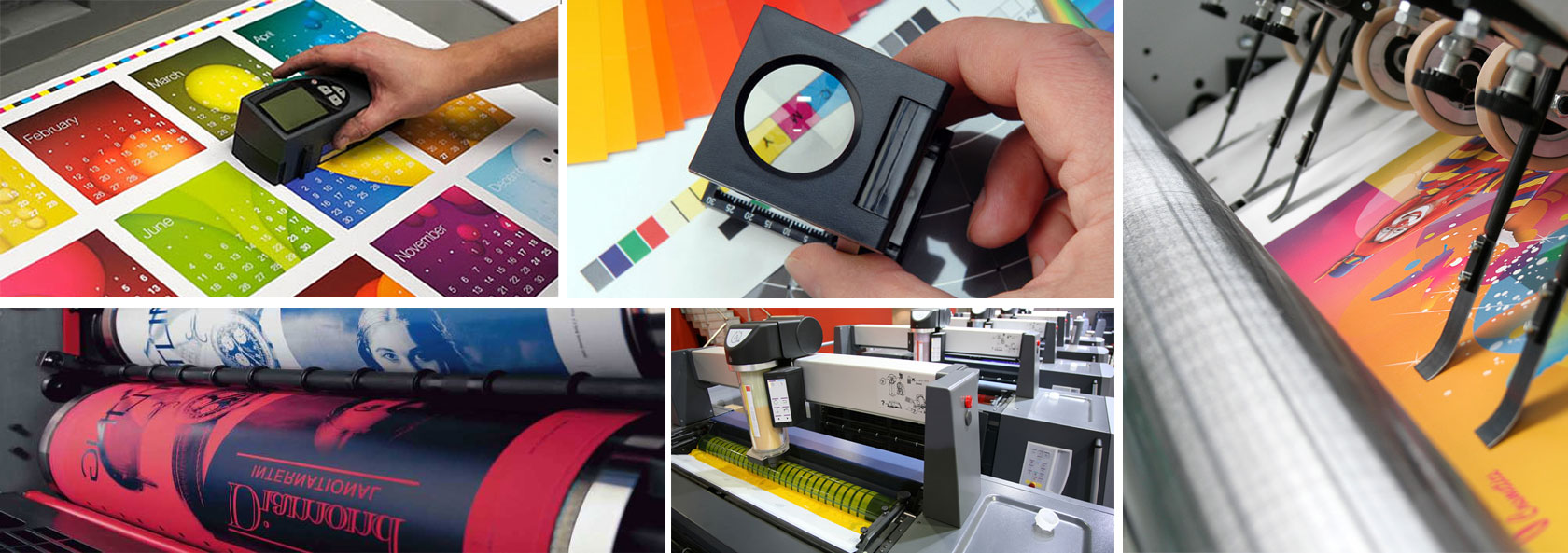Personalized Designs Enhanced Through litho printing
Personalized Designs Enhanced Through litho printing
Blog Article
A Comprehensive Overview to Comprehending Litho Printing Strategies
The globe of litho printing, a method originating from the late 18th century, is a fascinating mix of history, development, art and science. Keep with us as we trip right into the exciting realm of litho printing.
The Historical Evolution of Litho Printing
The historical trajectory of litho printing, a pivotal advancement in the world of interaction, is a captivating story of human ingenuity. Birthed in the late 18th century by Alois Senefelder, this method was initially a cost-effective technique of releasing theatrical jobs. Lithography, originated from the Greek words for 'stone' and 'to create', used a smooth rock surface area to transfer photos onto paper. The procedure evolved with the advent of the rotary press, which greatly increased performance (litho printing). In the 20th century, the technology of offset lithography reinvented the market, permitting for mass production of top notch prints. Each phase of litho printing's evolution showcases mankind's unrelenting pursuit of efficiency and quality in aesthetic interaction.
Translating the Scientific Research Behind Litho Printing Inks
Progressing in the exploration of litho printing methods, the focus currently changes to the science behind litho printing inks. The composition of these inks, their drying out procedure, and shade mixing strategies develop the foundation of this complex art type. Recognizing these components is vital to grasping the craft and attaining the wanted print outcomes.
Make-up of Litho Inks
In lithographic printing, the essential role of litho inks can not be overemphasized. Pigments, the color-providing aspects, are finely ground particles put on hold in the automobile, a liquid that carries the pigment onto the printing surface. Each component plays a critical part in the last print's top quality, making the accurate formula of litho inks an elaborate science.
Ink Drying Process
From the composition of litho inks, interest turns to the remarkable process of ink drying out. 2 key methods are used in litho printing: oxidative drying out and absorption. Absorption, on the various other hand, involves the ink permeating into the paper fibers, which is a much faster procedure however can lead to less vivid colors.
Shade Mixing Methods
While the drying out procedure plays a vital duty in litho printing, the science of color mixing techniques holds equal relevance. The scientific research behind litho printing inks additionally takes right into account the transparency of the ink, which influences how colors overlay and mix.
The Art and Style Elements in Litho Printing
Litho printing breathes life right into art and layout with its distinct elements. The process involves producing a picture on a lithographic sedimentary rock plate or steel plate with a smooth surface. The image is after that published onto a medium, typically paper, by moving the ink from the plate. What collections litho printing apart is its ability to reproduce elaborate layouts with high integrity, making the output virtually the same to the initial artwork. This is achieved with the use of various line methods such as hatching, stippling, and cross-hatching, which permit a series of tonal effects. Litho printing accommodates a variety of colors, allowing artists to create vivid and dynamic prints. This combination of precision and versatility makes litho printing a favored selection for lots of artists and developers.
Modern Applications of Litho Printing Strategies
Litho printing techniques have actually discovered extensive use in the modern industrial market. Its impact and value proceed to grow with the advent of brand-new technologies and innovations in the field. This section will certainly check out these contemporary applications and the transformative function they play in the printing industry.
Commercial Litho Printing Uses
Litho printing stays a crucial component of the commercial sector. High-volume printing tasks, such as the production of publications, papers, and packaging, count on litho printing for its capacity to supply exceptional picture top quality and cost efficiency. Litho printing likewise provides a broad color range, superior to that of electronic printing.
Advancements in Litho Printing
Pressing the limits of conventional methods, modern-day advancements have sustained a host of technologies in litho printing. One popular advancement is digital litho printing, which combines the virtues of digital innovation with litho's high-quality outcome. These advancements emphasize the long-lasting relevance of litho printing in the contemporary globe.
Checking out the Process of Litho Printing: Detailed

Challenges and Solutions in Contemporary Litho Printing

Despite the precision and tradition that litho printing proudly upholds, it is not without its collection of contemporary obstacles. One of the most widespread issues include the high preliminary setup expense, difficulty in printing variable data, and ecological worries as a result of chemical usage. Remedies are emerging as innovation develops. Digital litho printing enables for read this affordable brief runs and easy modification, attending to the problem of variable data. Environmentally-friendly inks and much safer plate-making procedures mitigate environmental problems. Furthermore, innovations in automation have lowered labor costs, additionally equalizing the lithography procedure. Hence, while there are obstacles, the litho printing market is proactively adjusting to fulfill them head-on, ensuring its importance in the future.
Verdict
In final thought, litho printing, with its rich history and scientific ins and outs, holds a substantial place in the print sector. As the overview exposes, it's a synthesis of art and technology, with contemporary innovations guaranteeing its relevance. Nonetheless, the sector deals with challenges that require ingenious more solutions, with a focus on automation and sustainability. The future of litho printing depends upon its capacity to adjust to these transforming demands, verifying its enduring value in an advancing market.

Report this page